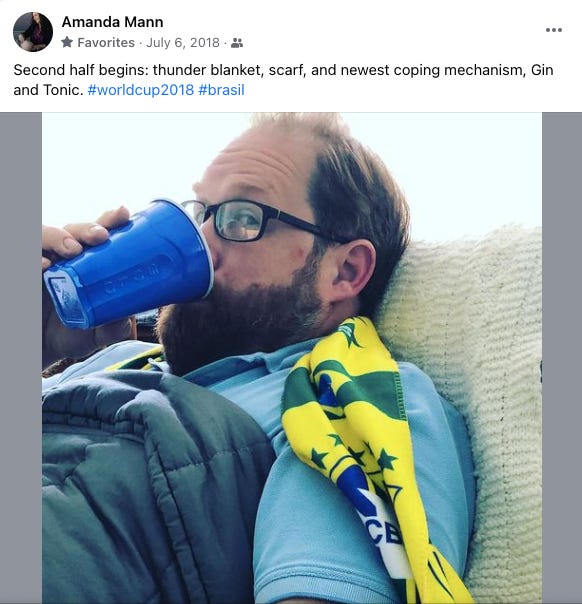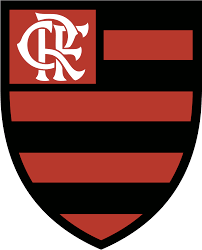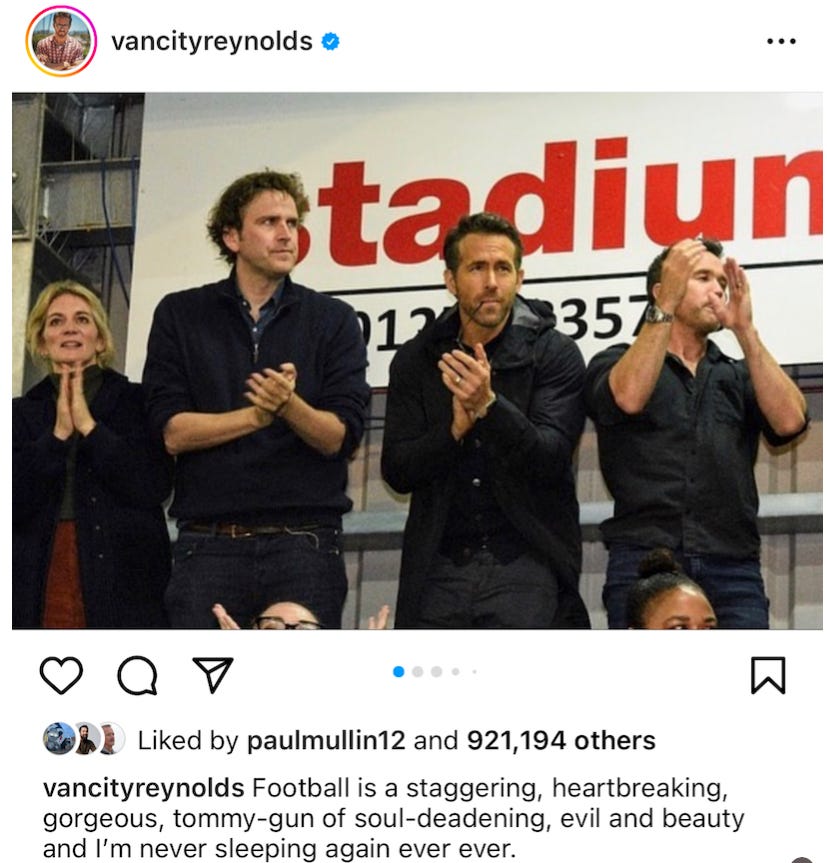In search of the Beautiful Game
As a child, teenager, and adult–I did not care about sports and sporting events.
Super Bowl? I have no idea who is playing.
March Madness? Go sportsing!
World Series? Huh?
Nor do I have an ounce of athletic skill in my body. I never played organized (or unorganized, for that matter) sports and was not graced with any sort of hand/foot/eye coordination. PE was a veritable anxiety-inducing nightmare: being picked last, not knowing the rules, not having the skills, and looking like a complete clown if I tried to participate.
Invariably, an adult would always ask me what sports I enjoyed. Knowing the answer, my parents would encourage me to say I was more interested in the arts than sports. I felt like a fool every time I said it.
My earliest memory of watching a soccer game was the 1986 world cup. It was the quarter-finals, and Brazil was in a penalty shootout with France. After every goal, I would light a firecracker to celebrate the point. I remember being excited about the game, but really I was more excited about tossing lit firecrackers out the window of our apartment.
We lost that game, and Brazil was eliminated from the competition. But something sparked inside me.
Every four years, for one month, for the last 40 years, a sort of mania takes over, and I become obsessed with the World Cup. I print out brackets to fill in and keep track of the games. I watch as many of the games as I can. I have quietly watched games when I should have been teaching. Once during a family trip, I had my wife detour to find a restaurant showing the game.
So why does a nonathletic person, who can't dribble a ball to save his life, enjoy watching soccer? To quote the musical Billy Elliot (I told you I enjoyed the arts…):
“I can't really explain it
I haven't got the words
It's a feeling that you can't control
I suppose it's like forgetting, losing who you are
And at the same time, something makes you whole.”
That is what watching a soccer game is. Words can not describe what it feels like to sit on the edge of your seat, hugging your comfort pillow, wrapped up in your lucky scarf, knowing that you will erupt in screams of joy or tears of desperation at any second. It is the feeling of putting all your hopes into 11 players and having your heart ripped out if they lose. And conversely, literally walking on clouds when your team is victorious. It has been said that “football is a staggering, heartbreaking, gorgeous, Tommy-gun of soul-deadening, evil and beauty.”
I used to tease my wife that she was lucky only to have to deal with a sports-fanatic husband once every four years. But that was it—just the World Cup. I never did get behind a specific soccer team and become ride or die. But not for lack of trying.
As a child, I was a whimsical fan of Flamengo, a professional soccer team from Rio de Janeiro. However, I never watched or went to one game. I think I just liked their colors and flag. Plus, my initials are a part of their crest.
In 2013, Orlando turned their local soccer team into an MLS team. I wanted to be a fan. I tried to be a fan. I felt I should support them as they are close to where I live. I even took my kids to their opening game and watched their star Brazilian player, Kaká. But, honestly, it was hard to become a fan. This is going to sound very arrogant, but watching Americans play soccer after a lifetime of watching Brazilians play…I just couldn’t do it.
Then Ryan Reynolds and Rob Mcelhenney entered my life with the documentary Welcome to Wrexham.
I had read about a docu-series that was in production, where two celebrities bought a small soccer team. It sounded intriguing. There was even a brief reference to them in Ted Lasso. Like many, I thought this was a publicity stunt to heighten their celebrity. Thankfully, I couldn’t be more wrong.
Welcome to Wrexham introduced me to the Red Dragons–the world's third oldest professional soccer team. The documentary deals with the challenges of two non-European celebrities buying a low-tier, mid-level soccer team. More than that, though, it is about the community that is the team's heartbeat. Fifteen years ago, Wrexham AFC had been relegated to the lowest division to be considered professional soccer. In a last-ditch effort to stay alive, the team was run as a Trust by 2000 community supporters. When Reynolds and Mcelhenny went before the Trust to petition the purchase of the team, they promised that this was not a publicity stunt, and they vowed never to take the community out of the team. More importantly, they vowed to bring the club out of relegation and to take them into the upper leagues. The Trust overwhelmingly approved the purchase.
I don’t think I have watched any other television series where I cried by the end of every episode. The sense of community, the good that two goofball actors were doing, was appealing. But more than that, these people lived, breathed, and died football. I could get behind this team and community. I wanted to get behind this team and community. I had found my team.
I had never followed European premier football. I am not Welsh. I had never heard of Wrexham before the documentary. I couldn’t watch their games in the US because they were untelevised–I had to follow along on a phone app that would update me when they scored. But something about this community of people 4000 miles away attracted me. Unlike Flamengo, I was not a pretend fan. Unlike Orlando City, I had no obligation to follow them. I was a fan because I felt the tug in my heart. That same tug I feel for the Seleção every four years.
Sadly, the team did not get their fairytale ending in the final episode of the season. They did not come out of deregulation and would have to try again next year. Suddenly, I became the fan that I normally do only every four years. I was printing out brackets, following games, and learning the point system. I was a follower. I was a Red Dragon. I bought the jersey and kept up to date on the games.
Slowly, the team started to move up. Soon, they were not losing games. They were fighting for the top position. Only the first-place team advanced to the next league automatically. The remaining top 6 would have to battle it out in a final competition, with only one other team moving up.
On April 22nd, 2023, Wrexham AFC won their final game and won deregulation. They were returning to the EFL after a 15-year absence.
Ryan Reynolds is the source of that quote earlier.
As an owner of a team, a new football fan, he gets it. I want to share one more quote.
Someone once said that football is a matter of life and death—it's more important than that.
Yeah. He gets it too.




